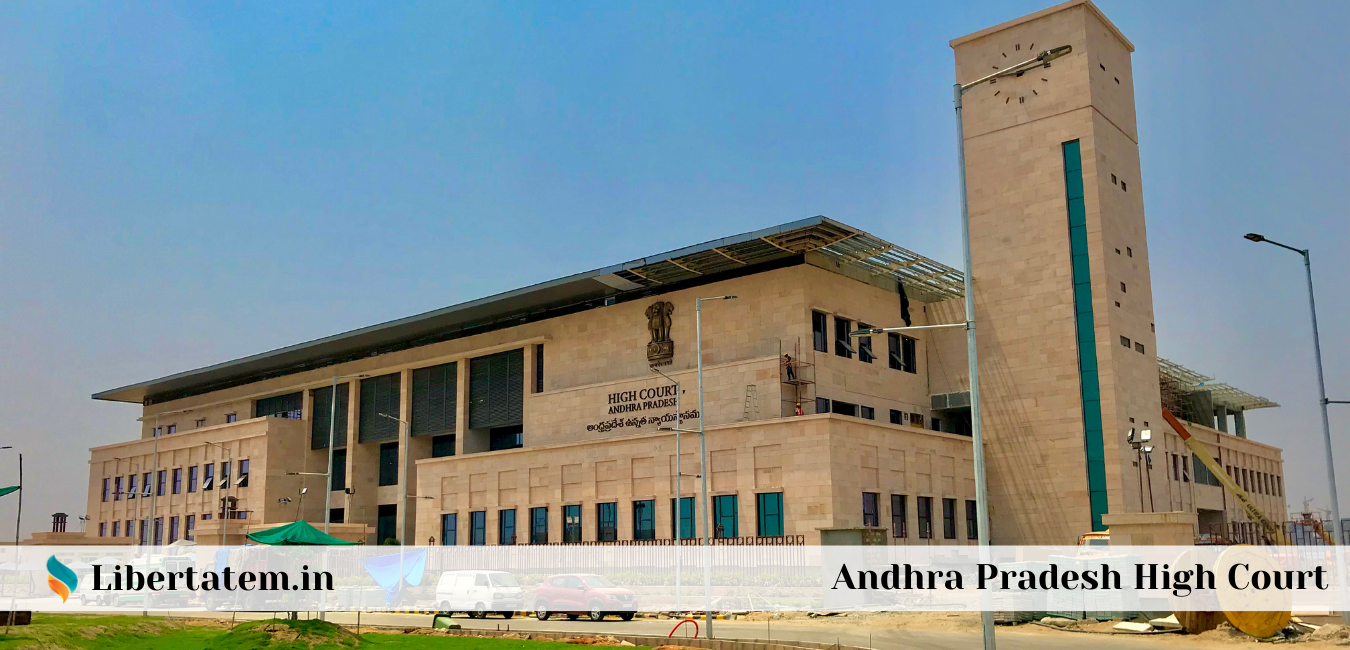The Special Court should be approached for protest petitions, without exhausting the remedy available to the Petitioner as per law instead of approaching under Article 226 of the Constitution of India.

Facts
The Petitioner is the de facto complainant of Tanuku Rural Police Station, West Godavari District. He has lodged a report with the police stating that the accused, who are named by him in the report, abused him and insulted him in the name of his caste. Therefore, a case in the above crime for the offence under Section 3(1)(r) & 3(1)(s) of the Scheduled Castes and the Scheduled Tribes (Prevention of Atrocities) Act 1989 was registered against the accused. After completion of the investigation, eventually, the Investigating Officer referred the case as false.
He sought permission of his superior officer, who is the Superintendent of Police, the 4th Respondent, to refer the case as false. It appeared that the 4th Respondent in the proceedings of the case, gave permission to refer to the case as false. This was questioned by the Petitioner, filed before the Court by invoking the extraordinary jurisdiction of this Court under Article 226 of the Constitution of India.
Arguments
In this case of the Petitioner states that he belongs to Scheduled Caste to which police have inaccurately held that the caste certificate produced by the Petitioner is invalid and also stating that they are not competent to hold that the caste certificate issued by the competent authority declaring the {etitioner as a person belonging to the Scheduled Caste, as invalid. Therefore, it is the Petitioner that the very proceedings referring to the case as false are erroneous.
Court’s observations
In this regard, it is to be noticed that, as per the settled law, when a criminal case has been reported, the police after investigation either as false or on any other ground, the learned Magistrate/Special Judge of the case may have to either accept the said final report or he can reject the same if it is not in accordance with the law. Before passing any such order either accepting it or rejecting it, the Special Court is obliged under law to issue notice to the de facto complainant, the Petitioner, which is to enable him to file a protest petition opposing the final report that was filed by the Investigating Officer.
Therefore, on receipt of any such notice from the Special Court, the Petitioner is provided with an ample opportunity to file his protest petition with the above grounds that the police are not competent to declare the caste certificate as invalid and that referring the case as false on that ground, as erroneous. Instead of approaching the Special Court by way of filing the protest petition opposing the final report, and without exhausting the said remedy, which is available to the Petitioner as per law, the Petitioner approached the Court under Article 226 of the Constitution of India. No explanation had been offered for directly approaching this Court without approaching the Special Court and exhausting the said remedy.
Court’s decision
The Writ Petition was therefore disposed of with a direction to the Petitioner to approach the Special Court and file a protest petition opposing the final report. In the event of filing any such protest petition, the Special Court has to consider and conduct an inquiry on it and pass appropriate orders according to the law on the said protest petition.
click here to view the judgement
Libertatem.in is now on Telegram. Follow us for regular legal updates and judgment from courts. Follow us on Google News, Instagram, LinkedIn, Facebook & Twitter. You can subscribe to our Weekly Email Updates. You can also contribute stories like this and help us spread awareness for a better society. Submit Your Post Now.

